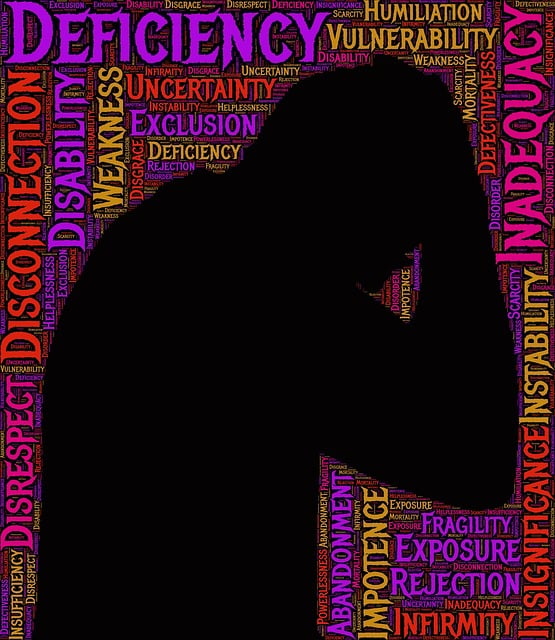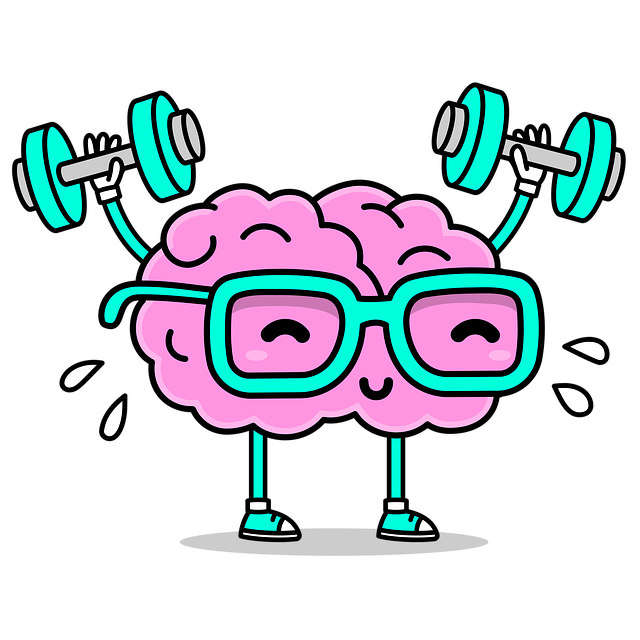Longmont Children Therapy utilizes the Recovery, Flexibility, and Mastery (RFM) framework—a powerful tool for building resilience in children through play therapy and group sessions. RFM exercises teach coping mechanisms, boost confidence, and strengthen social skills, fostering emotional regulation and problem-solving abilities. The Community Outreach Initiative contributes to mental health policy advocacy. Success is measured by improvements in mental wellness and well-being, with structured exercises tailored through parent/caregiver feedback for ongoing impact.
“Resilience is a vital asset for children’s well-being, and the RFM (Recovery, Flexibility, and Mastery) model offers a powerful framework to build this strength. This article explores how Longmont Children’s Therapy integrates RFM exercises into their clinical practice, focusing on strategies to enhance resilience in young clients. We delve into the benefits of these techniques, providing insights into improving children’s coping mechanisms and overall mental toughness. Additionally, we discuss measurement methods to assess the success of RFM implementation in therapy settings.”
- Understanding RFM and its Role in Resilience Building for Children
- Implementing Resilience Exercises in a Clinical Setting: Strategies for Longmont Children's Therapy
- Measuring Success: Evaluating the Impact of RFM Techniques on Child Resilience
Understanding RFM and its Role in Resilience Building for Children

Resilience is a vital asset for children to navigate life’s challenges, and this is where RFM (Recovery, Flexibility, and Mastery) comes into play. Longmont Children Therapy utilizes RFM as a powerful tool to build resilience, focusing on three key aspects. Recovery refers to the process of overcoming setbacks and developing coping strategies to deal with difficult situations. Flexibility involves learning to adapt to changes and uncertainties, ensuring children can manage various environments and circumstances. Mastery encourages a sense of control and empowerment by teaching skills to tackle problems head-on.
The RFM framework is particularly useful in crisis intervention guidance, as it equips children with the means to bounce back from traumatic events or stressful situations. Through Longmont Children Therapy’s programs, such as the Community Outreach Initiative, children gain practical tools for emotional regulation and problem-solving. This holistic approach not only supports individual well-being but also contributes to broader mental health policy analysis and advocacy efforts, ensuring that children are equipped with resilience skills to thrive in their communities.
Implementing Resilience Exercises in a Clinical Setting: Strategies for Longmont Children's Therapy

In the heart of Longmont Children’s Therapy, integrating Resilience Exercises (RFM) is a strategic approach to enhance mental health awareness and promote overall well-being among young patients. These exercises are designed to help children develop coping mechanisms, build confidence, and strengthen social skills, all crucial aspects of mental wellness. Therapists can incorporate RFM into play therapy or group sessions, turning challenging situations into opportunities for growth. For instance, role-playing scenarios allow kids to safely navigate and express emotions, while structured activities encourage teamwork and problem-solving, fostering a sense of accomplishment.
The clinical setting offers an ideal environment for these interventions, as therapists can closely monitor progress and tailor exercises to individual needs. By combining creative techniques with evidence-based practices, Longmont Children’s Therapy ensures that each session is not just engaging but also therapeutic. Social skills training, a key component of RFM, equips children with the tools to interact positively with peers, thereby fostering meaningful connections and reducing social anxiety—all integral parts of their holistic development.
Measuring Success: Evaluating the Impact of RFM Techniques on Child Resilience

Measuring Success: Evaluating the Impact of RFM Techniques on Child Resilience
The effectiveness of Resilient Framework Methods (RFM) in Longmont Children Therapy is often gauged by the profound changes observed in a child’s mental wellness and emotional well-being promotion techniques. Through structured exercises designed to build resilience, therapists aim to help children develop coping mechanisms that will serve them throughout their lives. This approach challenges traditional therapy models by focusing not just on addressing immediate issues but also on fostering adaptability and strength in the face of adversity.
Regular assessments and ongoing feedback from both parents and caregivers play a crucial role in understanding the impact of RFM techniques. By tracking progress over time, mental wellness podcast series production can be tailored to individual needs, ensuring that resilience-building exercises remain relevant and impactful. This holistic evaluation method not only enhances the therapeutic experience but also empowers children to actively participate in their own mental health journeys.
The implementation of RFM and resilience-building exercises in therapy, as exemplified by Longmont Children’s Therapy, offers a promising approach to enhancing children’s coping mechanisms. By understanding the core principles of RFM, therapists can effectively navigate challenging situations and foster a supportive environment. Measuring success through rigorous evaluation ensures these techniques positively impact child resilience, ultimately empowering them to navigate life’s storms with greater strength and adaptability.














